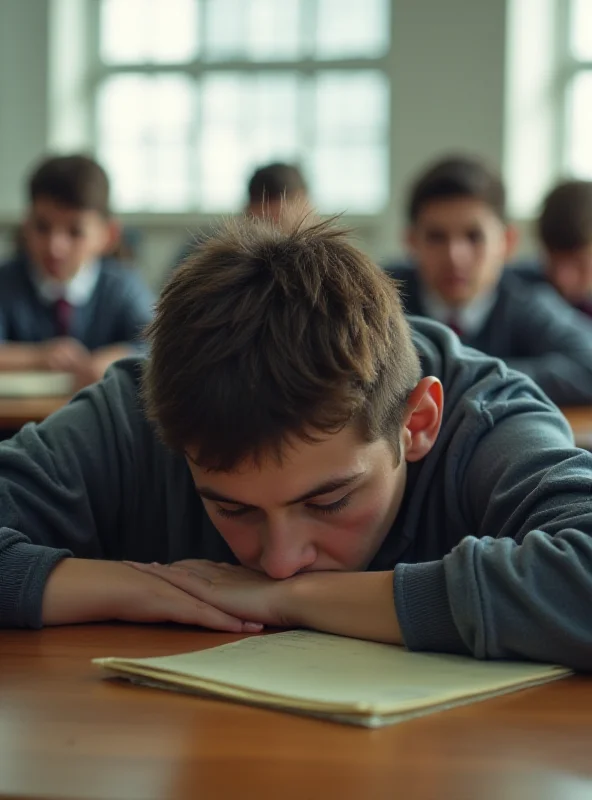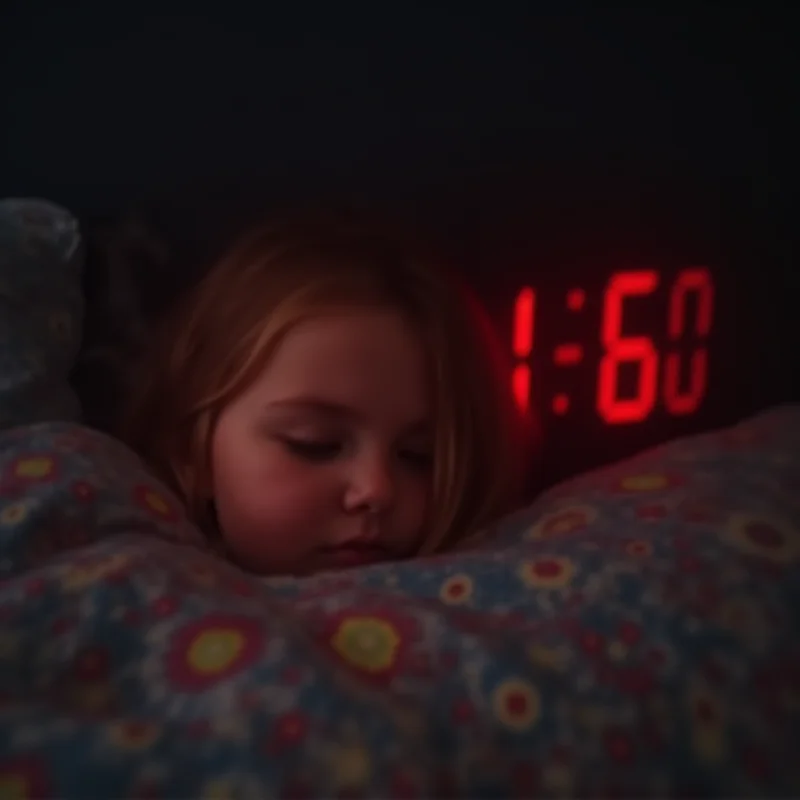The Czech Republic faces challenges on two fronts: corruption within its healthcare system and a growing sleep deficit among its youth. These issues, while seemingly disparate, both have significant implications for the overall well-being of the nation.
Healthcare Corruption: A Persistent Problem
Corruption in the Czech healthcare system is not a new phenomenon. Aktuálně.cz recently highlighted several prominent cases, offering a stark reminder of the ongoing struggle to maintain integrity in this vital sector. From the infamous "It is snowing on Homolka" case to instances of alleged family businesses benefiting from hospital leadership positions, the examples are numerous and concerning.
These cases often involve allegations of bribery, embezzlement, and conflicts of interest, undermining public trust and potentially diverting resources away from patient care. The outcomes of criminal proceedings, while sometimes resulting in convictions, often leave a lingering sense of injustice and a call for greater transparency and accountability.

The article referenced the case of Ludvík, and others. These are just some examples of the many corruption cases that have plagued the Czech healthcare system. It is important that these cases are brought to light and that those responsible are held accountable.
Sleepless in the Czech Republic: A Generation Deprived
Adding to the nation's worries is the alarming trend of sleep deprivation among Czech children. A recent study reveals that a shrinking percentage of young people are getting the recommended amount of sleep. Only about half of secondary school students manage to sleep eight hours on weekdays, a critical period for development and learning. Younger children, who ideally need nine hours, are also falling short.
This lack of sleep has serious consequences. The HBSC study suggests that sleep deprivation can negatively impact both the mental and physical health of children, increasing the likelihood of substance abuse and other risky behaviors. Beyond the immediate health concerns, sleep deprivation can affect academic performance, mood regulation, and overall quality of life.

Experts propose potential solutions, such as delaying school start times. This adjustment could allow students to get more sleep without sacrificing other essential activities. However, implementing such changes requires careful consideration of logistical challenges and potential impacts on other stakeholders.
"The lack of sleep can negatively affect both the mental and physical health of children and may increase the likelihood of substance abuse," according to the HBSC study.
Addressing the Challenges
Addressing these challenges requires a multi-faceted approach. Strengthening anti-corruption measures in healthcare, promoting ethical leadership, and increasing transparency are crucial steps to restore public trust. Simultaneously, raising awareness about the importance of sleep hygiene, advocating for school start time adjustments, and providing resources for parents and educators can help combat the growing sleep deprivation epidemic among Czech youth.

The future health and well-being of the Czech Republic depends on tackling these issues head-on, creating a healthier and more equitable society for all.
